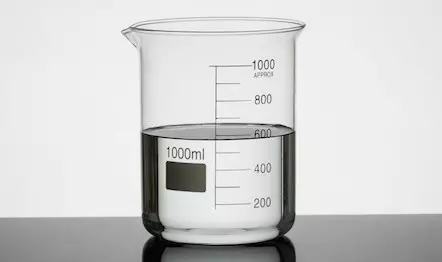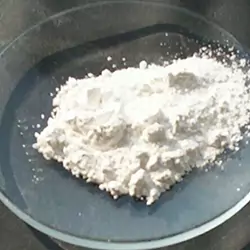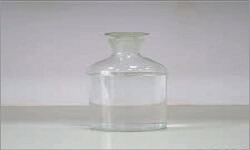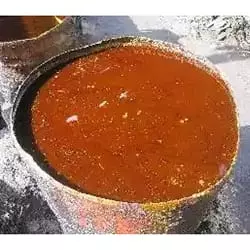Polyethylene Glycol (200) - China
|
IUPAC Name |
: poly(oxyethylene) |
|
Cas Number |
: 25322-68-3 |
|
HS Code |
: 3907.29.11 |
|
Formula |
: (C2H4O)nH2O |
Basic Info
|
Appearance Name |
: Clear, Colorless Liquid |
|
Common Names |
: PEG, PEG 200, Polyethylene oxide, Polyoxyethylene, PEO, POE, PEG-4, Carbowax* 200 |
|
Packaging |
: 80 @ 225 kg Steel Drum/ 316 @ 57 Kg Iron Drum. 18 MT |






